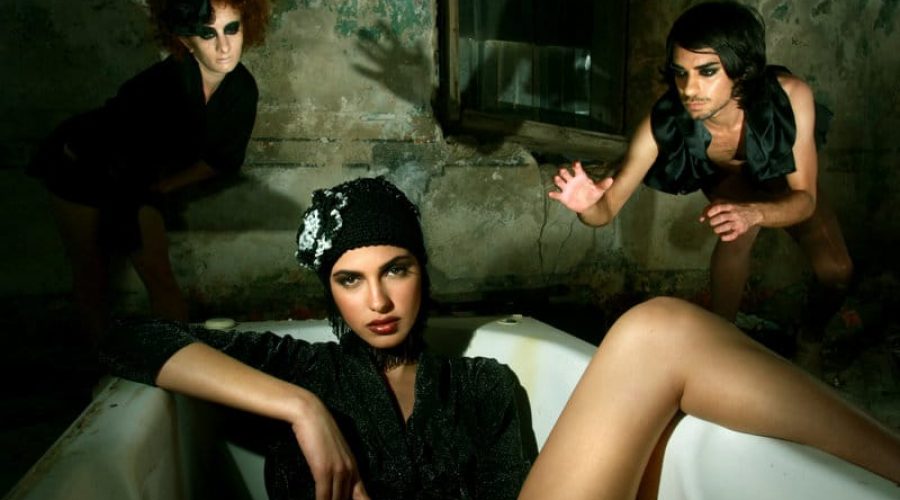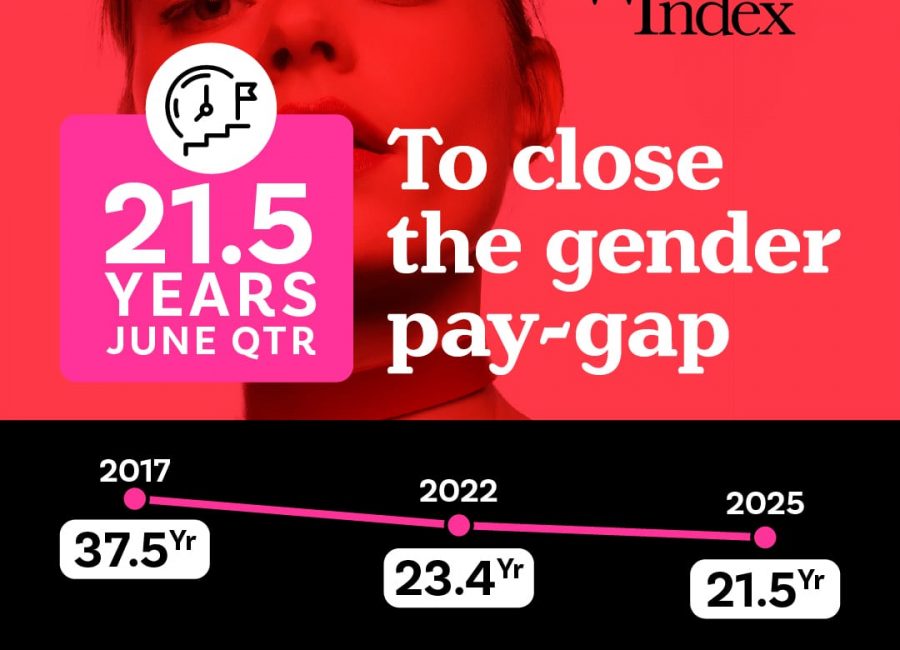Could 2016 be a new dawn for women?
Expectations of a prolonged sluggishness in global economic growth is likely to be suited to women than it is men, according to US personal finance expert, Suze Orman.
She said such weakness across economies was likely to strengthen a woman’s genetic tendency to nurture and therefore her work ethic outside of the family home.
“Women have a whole different set of genes that they have to deal with. We have the ability to give birth, we have the ability to feed those that we give birth to in most cases.
“So our nature really is to nurture and women really will do anything to take care of their families, their spouses, their parents, their neighbours, their employers, their employees, they will do anything to take care of everybody else and it isn’t until they are 50-something of age until they go, “but what about me?”
Global economic growth remains modest at 2.4 per cent in 2016 and at 2.7 per cent in 2017 according to the Conference Board. In Australia, the economy is growing at about 3 per cent, which is slower than the historical average of 3.5 per cent.
Since the global financial crisis, Australian women are advancing at a fast rate then men when it comes to university graduate numbers, becoming the main breadwinner and at starting small businesses.
Indeed, this week nearly 300 mostly female Australian entrepreneurs have gathered in Sydney to hear from global business leaders at the Inspiring Rare Birds (www.rarebirdscon.com) conference in Sydney.
The event is the brainchild of Jo Burston, founder and CEO of Job Capital, who has won the support of Sir Richard Branson’s Virgin Unite for her vision to see one-million women entrepreneurs in the Rare Birds global community by 2020.
Ms Orman said weaker growth also comes at a time when many male-dominated industries such as manufacturing were likely to see many jobs losses in the future because of the rise of artificial intelligence – aka robots.
The attitudes of men and women when it comes to work and investing have been long documented to show that men are more likely to take risk, while women are more likely to be conservative.
Ms Orman added that expectations of prolonged weakness in the global economy would expose generations of children to families where both men and women work.
“The great thing about the economy not being good, is that it takes two people both working to make money, so now little girls are seeing their mums working outside of the family home, versus now I’m 65 and even though my Mamma always had to work, none of my friend’s mothers ever had to work.
“So little by little with the economy being bad, I really believe that women will have to get stronger to really make everything work in their households.












